Editor’s Note: This story was produced in partnership with 100 Days in Appalachia, an independent, non-profit digital news publication incubated at the Media Innovation Center at the West Virginia University Reed College of Media.
David Leone has spent the past seven months trying to stay clean. Now he just wants to stay alive.
Until a few weeks ago, Leone, 40, was a resident of the Shepherd’s House in Lexington, Kentucky, where he was in recovery for an opioid abuse disorder. He left the treatment center in late March out of fear of catching coronavirus.
Shepherd’s House has yet to report a Covid-19 case as of April 29 but that didn’t prevent a sense of dread from spreading quickly among Leone and the 29 other residents living in close quarters at the home, he said.
“Just like all of America, we were scared that we were going to get this thing, especially living in a community setting like that,” Leone said in a phone interview. “Fear of getting it, fear of getting sick, fear of relapsing.”
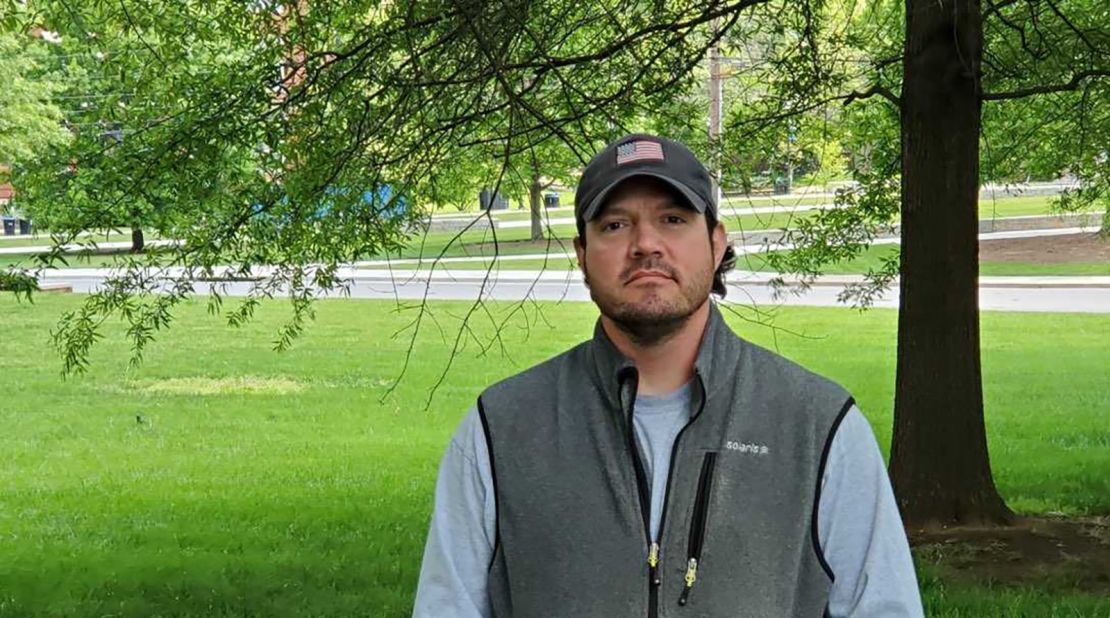
These fears have infected thousands of people suffering with substance abuse disorders around the Appalachian region, where substance abuse experts, doctors and state officials have seen a rise in relapses as the US struggles with the coronavirus pandemic.
This 205,000-square-mile region encompasses the Appalachian Mountains, stretching from southern New York state to northern Mississippi. This area is known for its inordinately large number of opioid overdoses and deaths, according to the Centers for Disease Control and Prevention.
Public health officials also say the pandemic is aggravating the problem by forcing people in recovery into isolation, stripping them of crucial support systems and causing some to relapse.
In response to this grim reality, officials in the region are developing new medical practices and guidelines to help an already at-risk community cope with the pandemic. And for opioid users unable or unwilling to seek help, online communities like Reddit have become a crucial lifeline.
Why opioid relapses are increasing during the pandemic
Acadia Healthcare is a behavioral health care network whose providers treat more than 65,000 patients per day at its 228 facilities around the US, according to an Acadia spokesperson.
Many of these locations can be found in the heart of Appalachia; including seven in Tennessee, seven in West Virginia and five in Ohio. Roughly 65 percent of Acadia’s patients are in treatment for opioid use disorder, the company said.
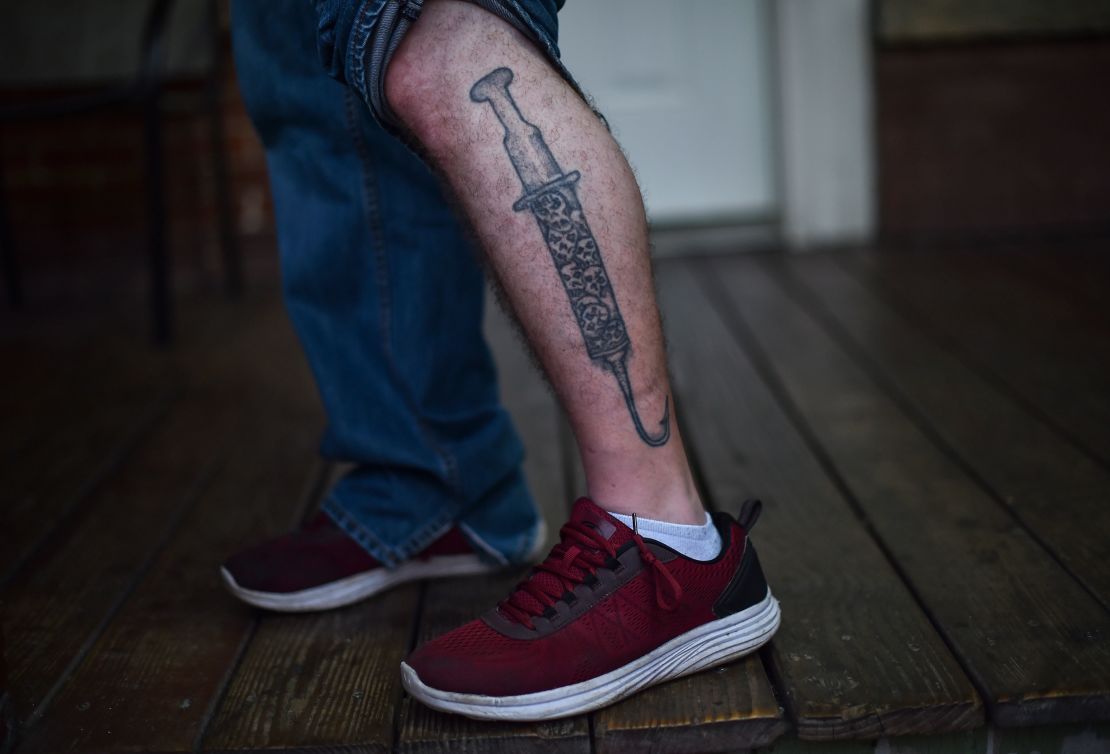
Dr. Michael Genovese, Acadia’s chief medical officer, says the coronavirus pandemic “is making an already difficult situation even worse” for his patients.
“Some of the social distancing or physical distance measures that have been put in place make it much more difficult for people to maintain their recovery because for anybody, being isolated from others can lead to feelings of depression, feelings of anxiety, feelings of isolation,” Genovese said in a phone interview.
“So we’ve seen some people come in who have relapsed, who had long stretches of sobriety. … We’ve seen people who’ve gotten sick and then relapse either during or after they’ve suffered with the virus.”
In what he described as a “pandemic’s-worth of triggers going on right now,” Genovese believes an overabundance of unstructured time, not being able to attend recovery meetings in person and feelings of anxiety caused by Covid-19 are among the many changes that can disrupt someone’s recovery.
“If you don’t have that regular routine, you know, getting up to shower and eating breakfast, getting to work, doing your job — that’s kind of what keeps you going. When you pull that structure away, all of a sudden, there’s nothing to replace it,” Genovese said.
In recent months, Covid-19 has devastated the US economy. White House economic adviser Kevin Hassett told CNN on May 10 that he thinks the United States unemployment rate will “probably” be “close to 20%” in the May jobs report, noting this number will depend on what happens with the virus and with the economy as some states begin to reopen.
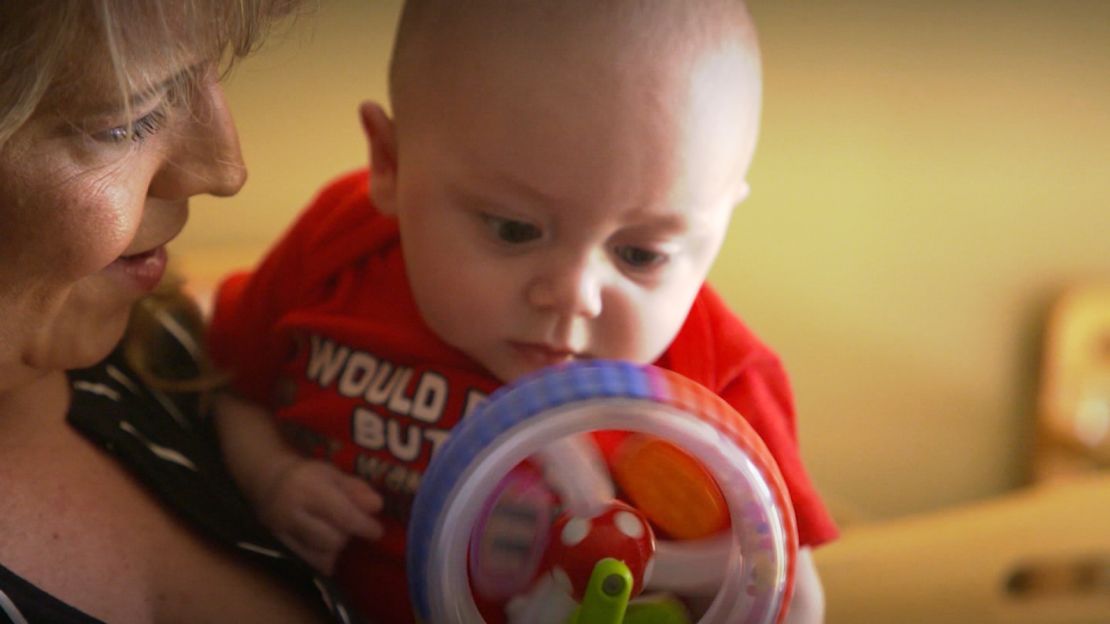
The US economy lost 20.5 million jobs in April, the Bureau of Labor Statistics said May 8 — by far the most sudden and largest decline since the government began tracking the data in 1939.
This economic fallout is being felt by workers with substance abuse disorders whose jobs are often tied to maintaining health habits, said Dr. Lawrence Weinstein, the chief medical officer of American Addiction Centers (AAC).
AAC, which operates 30 inpatient and outpatient facilities across the country, has seen an increase in admissions at a number of its treatment facilities and that trend is expected to continue, Weinstein said.
“Circumstances in which isolation, decreased communication, altered routines and excess stress exist can trigger a relapse, and those are all things most everyone is facing,” Weinstein said over email. “Just as in the 2008 financial crisis, in states of financial and economic turmoil, substance use increases. Unfortunately, for some, these stressors can be too much to bear.”
Coronavirus can take a physical toll on addiction
The pressure in Jason’s chest had gotten so intense he could hardly breathe.
Convinced he wouldn’t make it through the night, the 40-something-year-old father and longtime heroin user grabbed some paper to write a series of farewell letters to his family.
“I had to have had at least a 103 temperature because of how cold I was. I actually was worried about literally breaking my teeth because I was shivering. I mean, just the worst crippling headache I’ve ever had in my life. Body aches like I can’t explain and unbelievable fatigue,” Jason said.
“It was the biggest, most roller-coaster event I’ve ever had in my life. I would go from feeling almost fine to, three hours later, not knowing if I was going to keep on progressing to a point that I was going to die.”
Jason, whose full name and location are being withheld because his family and employer do not know he has a substance abuse disorder, had tried to get a Covid-19 test but was turned away.
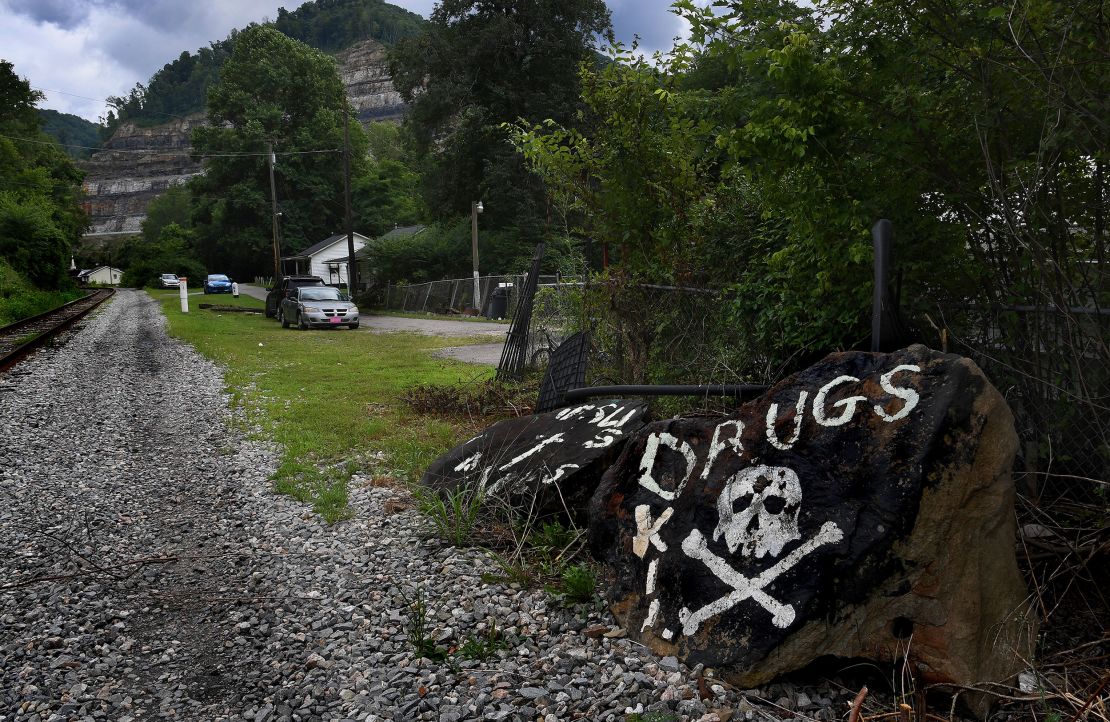
Yet due to a shortage of tests, and because he wasn’t sick enough at the time, medical professionals told him he couldn’t get one, although they believed coronavirus “was a foregone conclusion,” Jason said.
So he turned to social media platforms including Reddit, a link sharing forum where opioid users have flocked to for a decade. The website is one of the few places on the internet where opioid users say they feel comfortable discussing their lives due to the anonymity it affords people.
Reddit users on its opioid forum exist along every part of the addiction spectrum. It’s a community where people can find advice on how to use opioids, how to navigate through sobriety and everything in between. Misinformation runs rampant on websites like Reddit and any health advice or content featured on the site should be scrutinized.
Tracey Helton is a moderator of Reddit’s opioid forum and an addiction expert who was profiled in the 1999 documentary “Black Tar Heroin.”
“I think we moderators do the best we can to weed out disinformation, scammers, and the like but that element exists anywhere on the internet,” Helton told CNN over Twitter direct message.
Since the start of the pandemic, Reddit’s opioid forum has seen a spike in posts and comments.
One opioid user on Reddit claimed he or she was anxious over being home more than normal due to shelter-in-place orders. Another lied to their dealer about having Covid-19 so they wouldn’t give them drugs. Yet another wondered whether heroin can be contaminated by Covid-19. Perhaps the most common narrative on this Reddit forum as of late has been from opioid users experiencing health problems and fears of catching coronavirus.
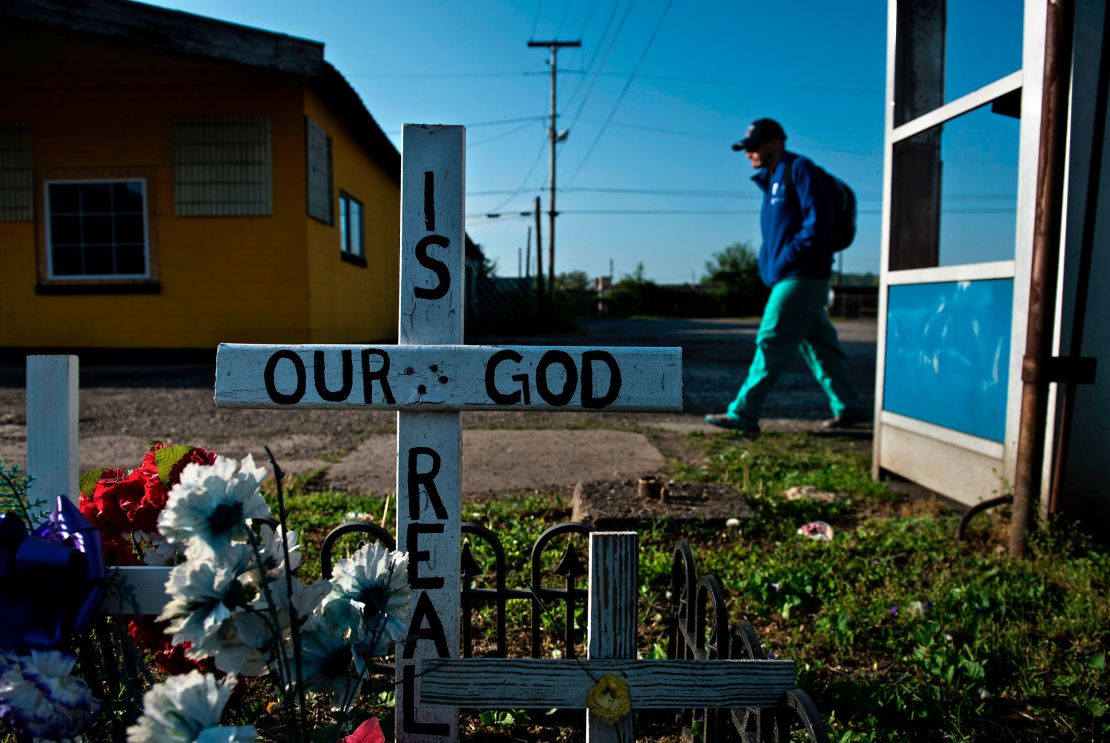
People with substance abuse disorders like Jason are at a heightened risk for mortality from the virus due to damage done by opioid abuse, Weinstein said. Substance use weakens the immune system and makes users more prone to infections and infectious diseases, and appears to result in a rapid progression of disease, he added. Opioid use has been related to respiratory issues, pulmonary infections and viral infections, Weinstein said over email.
Jason is not alone in his inability to get a coronavirus test.
Since the first confirmed case of person-to-person transmission of the coronavirus in the US on January 30, more than 8.7 million tests have been performed as of May 10, according to the Covid Tracking Project. If one person took just one test — that would translate to about 2.5%. But, one person can be tested multiple times, so it’s unclear what percent of the population has been tested.
Addiction treatment has moved online in recent months
Jerod Thomas is reaching more people with opioid use disorders now than ever before thanks to Zoom, the cloud-based meeting platform.
Thomas, the president and CEO of Shepherd’s House in Lexington, where David Leone was being treated, hosts a bi-weekly video conference attended by roughly 350 people from all over the world seeking help.
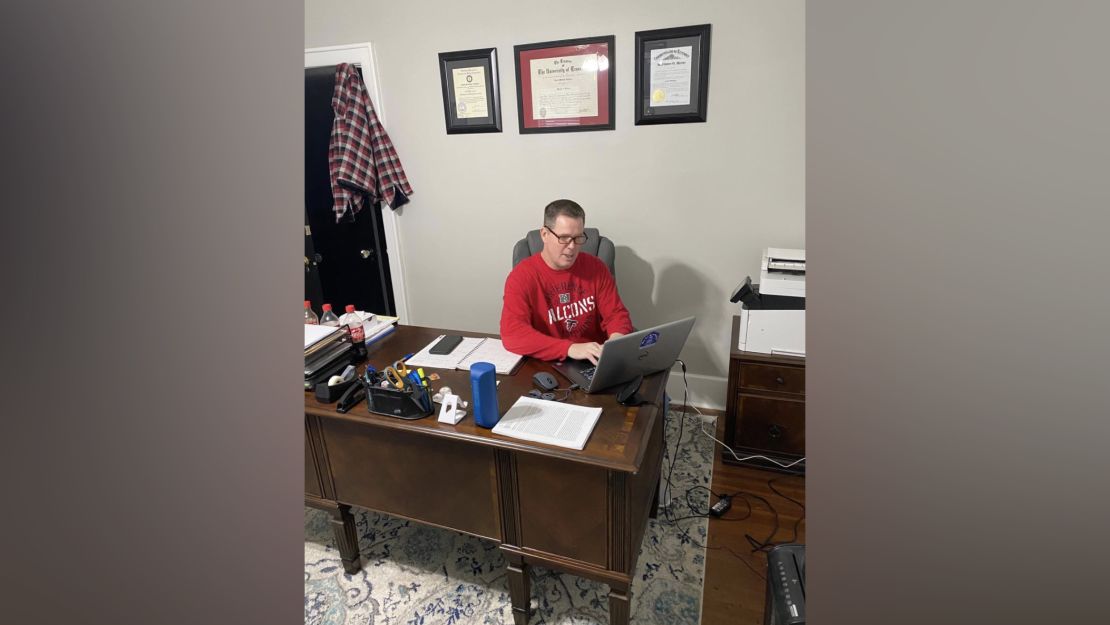
“So we used to have meetings in person and there’d be 20 people there. Now you can do a meeting on the computer and there’ll be 350 people there,” Thomas said over the phone.
While the pandemic continues to strain the medical system and social distancing guidelines restrict movement around the US, telemedicine has spiked in popularity.
Teladoc, a leader in the telemedicine industry, has seen its shares rise nearly 75% this year. The company said last month that it was “experiencing unprecedented daily visit volume,” adding that demand quickly soared to about 15,000 visits requested per day — much higher than peak volume during a normal flu season.
The demand for augmented addiction services has also been seen at AAC.
“We now offer telehealth addiction services, and many patients are taking advantage of this type of virtual treatment,” Weinstein said. “Because mental health and addiction are often co-occurring disorders, anxiety for many patients is high during the Covid-19 pandemic, and telehealth has greatly alleviated the worry of travel during this time.”
Aside from using technology, Acadia Healthcare and the Kentucky Opioid Response Effort (KORE) have instituted a series of analog measures aimed at mitigating overdoses and relapses during the pandemic.
Some of Acadia’s comprehensive treatment clinics — outpatient facilities where people struggling with addiction can get medication-assisted treatment drugs like methadone and buprenorphine — are now providing more take-home doses “to the extent that it’s practical and clinically reasonable,” Genovese said.

KORE — Kentucky’s grant-funded answer to the opioid crisis — is working to make sure 70 syringe exchange programs remain open throughout the state, said Dr. Allen Brenzel, medical director for the Department for Behavioral Health, Developmental and Intellectual Disabilities.
The number of methadone doses a person can take home has been increased “so folks don’t have to come and stand in line in a setting where they might be exposed to [the virus],” Brenzel said.
Kentucky Gov. Andy Beshear signed an executive order April 2 to commute the sentences for hundreds of non-violent offenders across the state out of concern over coronavirus.
“In order to prevent the spread of Covid-19 and to promote and secure the safety and protection of individuals in state custody and state corrections staff, it is necessary to reduce the inmate population in the overcrowded state prison facilities in Kentucky,” Beshear said in his order.
Katherine Marks is the project director for KORE. She has worked closely with 91 correctional facilities across Kentucky to make sure every inmate is given naloxone, a drug that can reverse the effects of an overdose, upon release.
As of April 29, 1,251 naloxone kits have been distributed to former inmates, Marks said. These inmates are being told to self-isolate for two weeks and those with a history of substance use can receive telehealth treatment, Marks said.
For some, the pandemic is a reason to get clean. For others, it’s not
Dustin Cinnamon, 33, lives in Lawrenceburg, Kentucky, with his mother. He’s been an opioid user for nearly 15 years and admits that he fears her getting Covid-19 though he says “the coronavirus couldn’t take her down.”
As heartbreaking as that hypothetical situation may be for Cinnamon, he says he’d do everything he could to take care of his mother — except give up opioids.
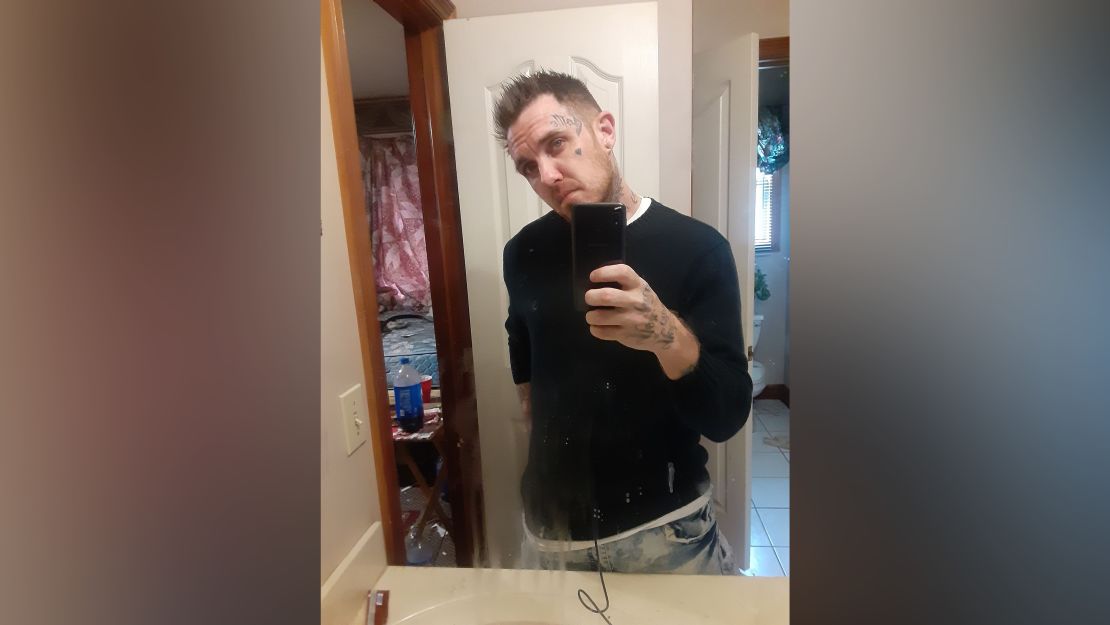
“There’s so many other things that should’ve done that. If there was something that was going to inspire an epiphany, it would have happened already,” Cinnamon said over the phone. “I don’t have this desire to be clean and sober. I’ve been sober. I don’t want to be that guy. I have no desire to be that guy.”
Cinnamon’s perspective was shared by some of the patients at White Deer Run, a substance abuse treatment network in Pennsylvania. During a conference call on April 15 organized and attended by Jeff Thomas, the CEO of White Deer Run, the patients did not share their identities.
“If we’re going to want to get high, we’re going to get high. Especially if we lose a family member and we’re already using. Things are just going to get worse,” one man on the call said.
A few patients, on the other hand, believed the pandemic could cause a dramatic change in their lives.
“The fact that I have young children now and I would put them above anything, even my addiction. I know that for a fact, cause I have,” one mother on the call said. “I would go through the sickness just to be sure that my kids were safe and not getting sick and potentially dying.”
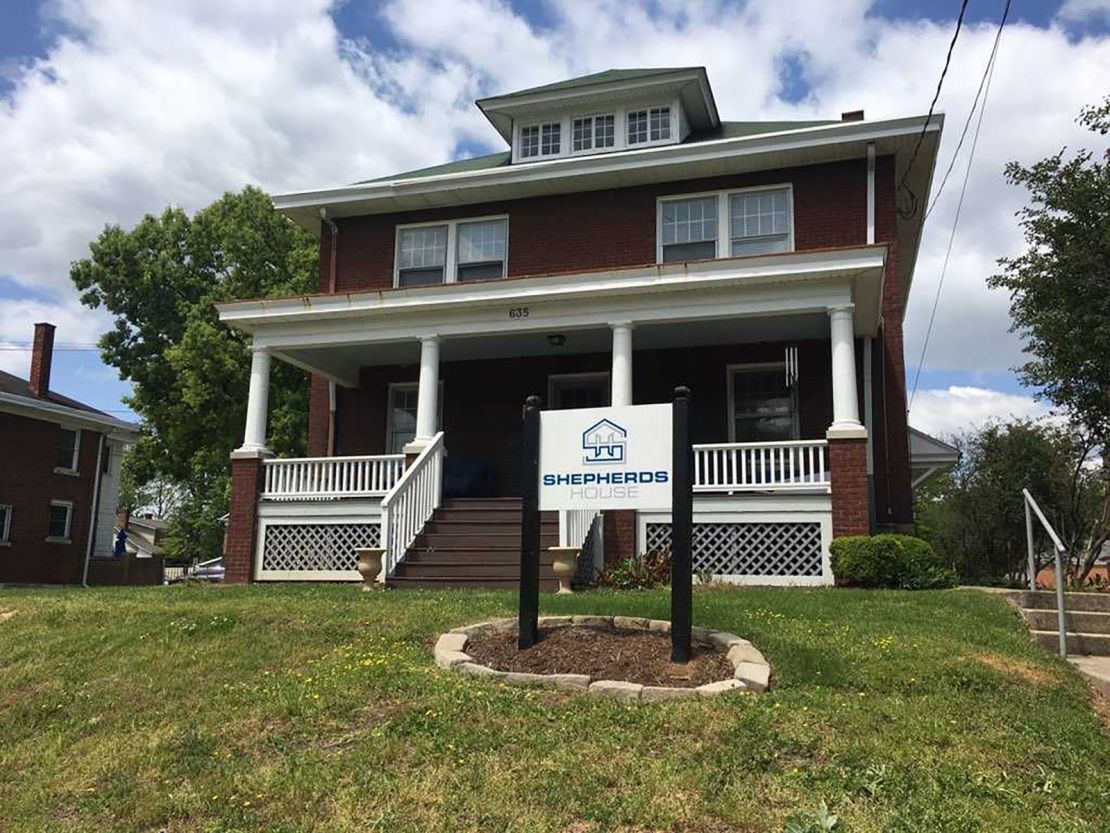
Thomas was not surprised by this dichotomy. Opiates are potent drugs with a powerful effect on the pleasure center of the brain, he said. It takes a significant negative experience to overcome the perceived benefits of using opiates, not to mention the intense withdrawal when someone tries to stop using. This explains why relapse is so prevalent, he added.
As a recovering opioid user and a substance-abuse expert, Thomas believes the decision to change is internal, not external. Unless the pandemic becomes a personal tragedy, there’s little chance of disrupting an addiction, he said.
“If you asked this question of an individual with opioid use disorder who had experienced the death of his or her significant other as a result of Covid-19, and that individual is now left alone, or left to care for their small children, the motivation to change may be very different than if the individual was not personally touched by the pandemic,” Thomas said over email.
“‘Rock bottom’ has layers. Each event that penetrates the individual’s denial has the potential to help them consider change and can be viewed as a bottom.”
Meanwhile, across Appalachia the coronavirus is triggering relapses among some opiate users while it may scare others to finally get clean. It’s a bitter irony during a pandemic that spares no one — addiction disorders or not — as it ravages the country.

